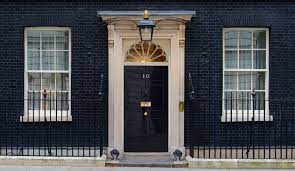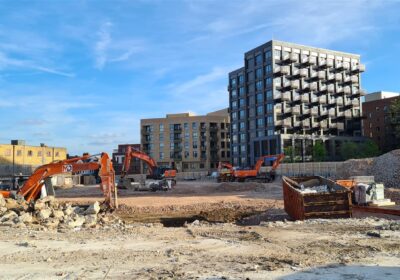We’re in election mode. The Labour leader is going around all the media outlets telling everyone he is a normal bloke and the Prime Minister even appeared on TikTok.
It’s early days but Sir Keir’s focus on public service reform and keeping things simple seems to be resonating. The challenge is any reform needs to be done on a shoestring.
This is a sensitive moment for local government. As an ex-Councillor I have always firmly believed in the transformative power of our town halls to deliver. During my time at Wandsworth, we achieved much but towards the end I began to see the effects of relentless reductions in budgets from Whitehall. Reduced budgets didn’t mean reduced work, it simply meant more pressure on the system.
No where is this more apparent than in planning and development. A 2019 analysis by the Institute for Fiscal Studies revealed that gross spend on planning and development was reduced by 42% per person between 2009/10 and 2019/20.
Over the past 13 years, local authorities have reduced real terms spending on planning departments by around half. At the same time, they now receive approximately 100% more major residential planning applications.
If you cut without providing any semblance of medium-term organisational planning then it becomes difficult to replenish the ranks. Senior professionals eventually retire but they are not replaced at the same rate leaving a gap in knowledge and skills.
Almost 6 in 10 councils (58 per cent) are struggling to recruit planning officers and 36 per cent were having problems retaining them according to the HBF. Just like the NHS, the system leans heavily on agency staff.
Councils are so desperate to retain talent they compromise. I have heard of one London Borough planning officer who has returned to Australia but still works for his London council. Meetings are done either early or very late on Teams. Fair enough!
There needs to be more resources put into the system. But we also need to think smartly about how we alleviate the burdens of the planning system. A simpler system that harnesses technology can and should be the answer to how to reform public services without heavy dollops of cash.










